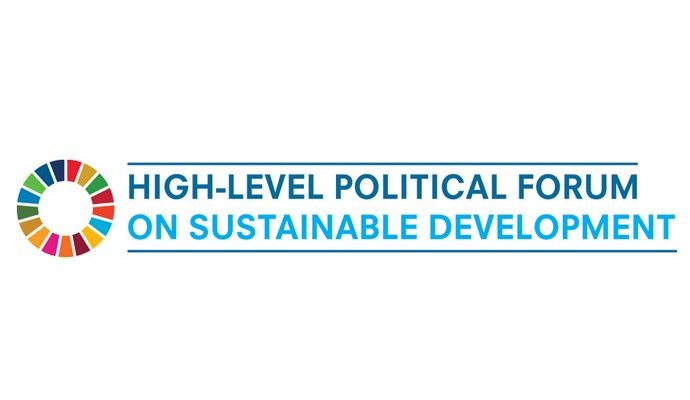SI UN Representative, Frances Zainoeddin provides a candid review of the 2020 High-Level Political Forum on Sustainable Development.
“The High-Level Political Forum met virtually (because of the COVID-19 pandemic) from 7 to 16 July 2020, to review the implementation of the Sustainable Development Goals. There was a lot of preparation (7 thematic groups convened to prepare background notes, 16 official documents which included recommendations from over 50 other intergovernmental bodies and reports from the regional preparatory meetings, 47 Voluntary National Reviews) as well as other events that took place during the session (17 VNR labs, 194 side events, 9 special events), and yet the outcome, or lack thereof, was a major disappointment.
The overall theme for 2020 was: Accelerated action and transformative pathways: realising the decade of action and delivery for sustainable development. Each day was organised to address different issues that covered specific SDGs and how to build back better after COVID-19. It was abundantly clear that the pandemic had exacerbated the inequalities and was threatening to push millions of people back into poverty. It was pointed out, in the Secretary-General’s progress report that while progress continued to be made in some areas (e.g. maternal and child mortality rates were reduced, more people gained access to electricity, more countries were developing national policies to support sustainable development), in other areas, progress had stalled or reversed (number of persons suffering from hunger was on the rise, climate change was occurring much more quickly than anticipated, and inequality continued to increase within and among countries).
Many members of civil society urged that greater attention be also given to the intersectionality of issues across the SDGs, and to the need for taxation reform, illicit financial flows, money laundering and corruption. It was also clear that there was insufficient disaggregated data on those left behind. And while many non-governmental organisations called attention to the broad range of work they did to reach those left behind, it was pointed out that representatives of civil society were rarely included in development, implementation and assessment of government policies and programmes. This omission needs to be rectified.
The outcome of the HLPF is usually a Ministerial Declaration, but Member States could not reach consensus by the end of the meeting. As at time of writing, 27 July 2020, the Ministerial Declaration is still currently being negotiated. Even at the best of times, the Declaration lacks political leadership, guidance and specific recommendations for action. Member States usually reaffirm past agreements reached, recognising existing problems and recommitting to taking action, without any specificity. The COVID-19 pandemic does not seem to have spurred governments to take urgent collective action. What could have been a big bang to herald in greater multilateral collaboration, the HLPF ended with a whimper, with little to show for all the effort that went into the preparations. All the ingredients were there for a delicious meal to be served, but what we received were crumbs.
The implementation of the SDGs is an area which can be monitored by Soroptimist Clubs at the national level, to determine what has been agreed by their respective national authorities, what actions they intend to take for implementation and what implications there are for the work of Soroptimists in empowering women and girls. Soroptimist International submitted its own report to the HLPF, as well as a statement to the High-Level Segment of the Economic and Social Council.”

